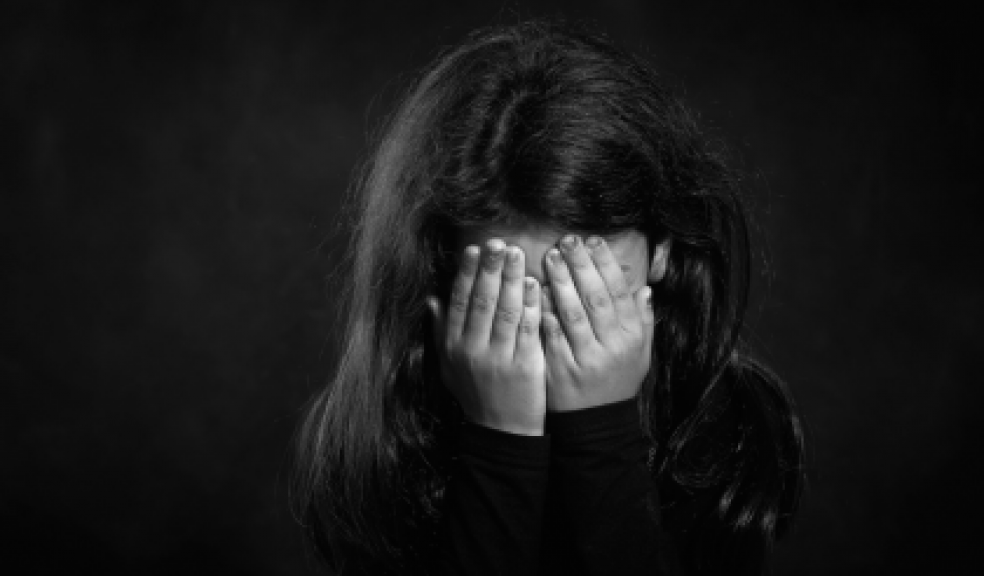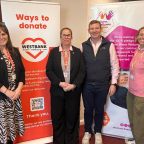
Child sex abuse on the rise in Devon
Victims of child sex abuse in Devon will be given personal support and trauma counselling to help them rebuild their lives – as figures show reports of abuse are on the increase.
The service, which will draw from Cognitive Behavioural and Family Therapies, will provide one-on-one help and advice and counselling and will be delivered by The Children’s Society’s Checkpoint project in Devon, thanks to a £300,000 grant from the Big Lottery Fund.
Research shows that young people who have been sexually abused or exploited can experience anxiety and post-traumatic stress disorder. Over time they are more likely to develop long-term problems with drink and drugs, depression, self-harm, domestic violence and risky sexual behaviour.
Across Devon and Cornwall, the number of allegations of serious sexual offences made by children under the age of 17 increased from 842 to almost 1,000 in the 12-month period to June 2014.
Despite this growing problem, local authorities and NHS services are ill-equipped to meet the demand for children and young people’s mental health services.
Research by The Children’s Society earlier this year revealed that spending on child mental health services in the South West fell by almost half (45%) in three years, from £89m to £49m – the largest reduction of any region in England.
From next year, the Big Lottery Funding will enable The Children’s Society to employ two full-time members of staff for three years to provide direct support to 470 children and young people in Devon who have been sexually abused and exploited, or who are at risk of sexual exploitation. The Children’s Society is planning to contribute almost £150,000 of its own funding to hire a third worker.
Richard Kirkup, Programme Manager of The Children’s Society’s Checkpoint Torbay service, said: “Child sexual abuse is a bigger problem than has been previously recognised, with more and more people coming forward to disclose abuse. This is happening against a backdrop of unparalleled cuts to public expenditure. Existing service provision is struggling to respond to the scale of the emerging problem – as well as to new threats from social media and internet pornography – and the lack of provision of therapeutic services to help children who have been sexually abused is a national disgrace. We need to do more and we need to do it better.
“This project will help us learn more about how best to reduce the damaging impact of sexual abuse on young people and that is why it is so important. We need to break the cycle of despair and depression that many survivors of sexual abuse experience, by helping them to heal themselves and to be able to form healthy loving relationships.”

















